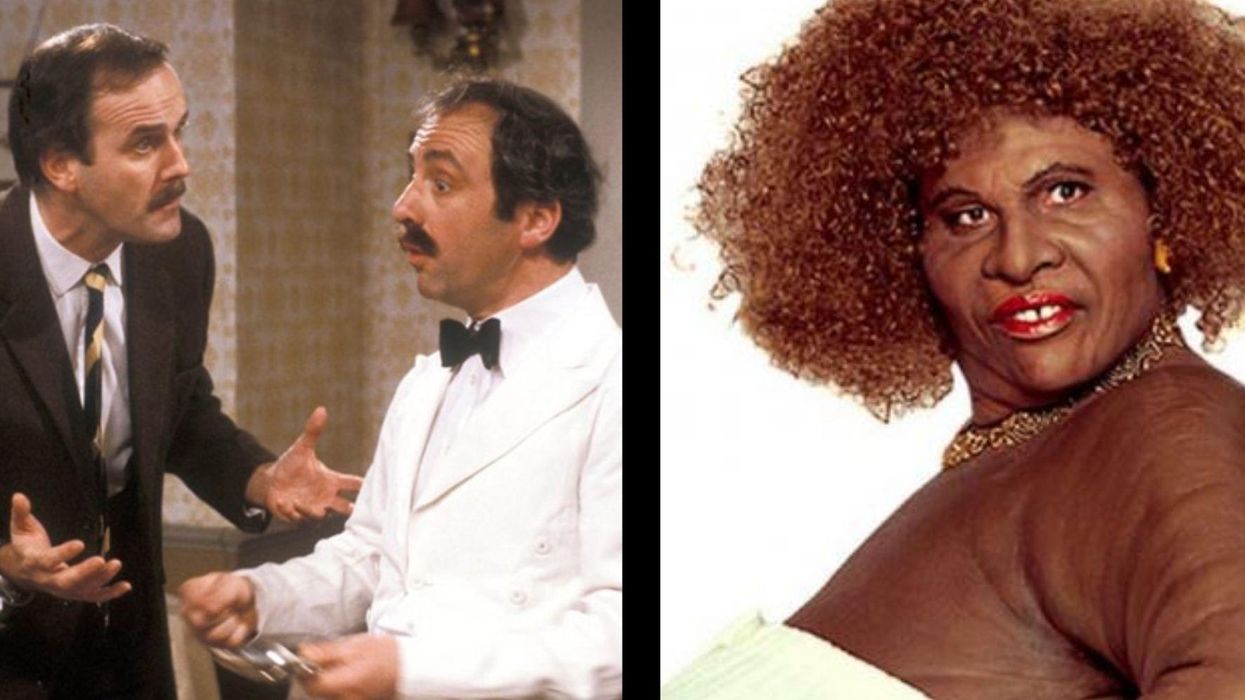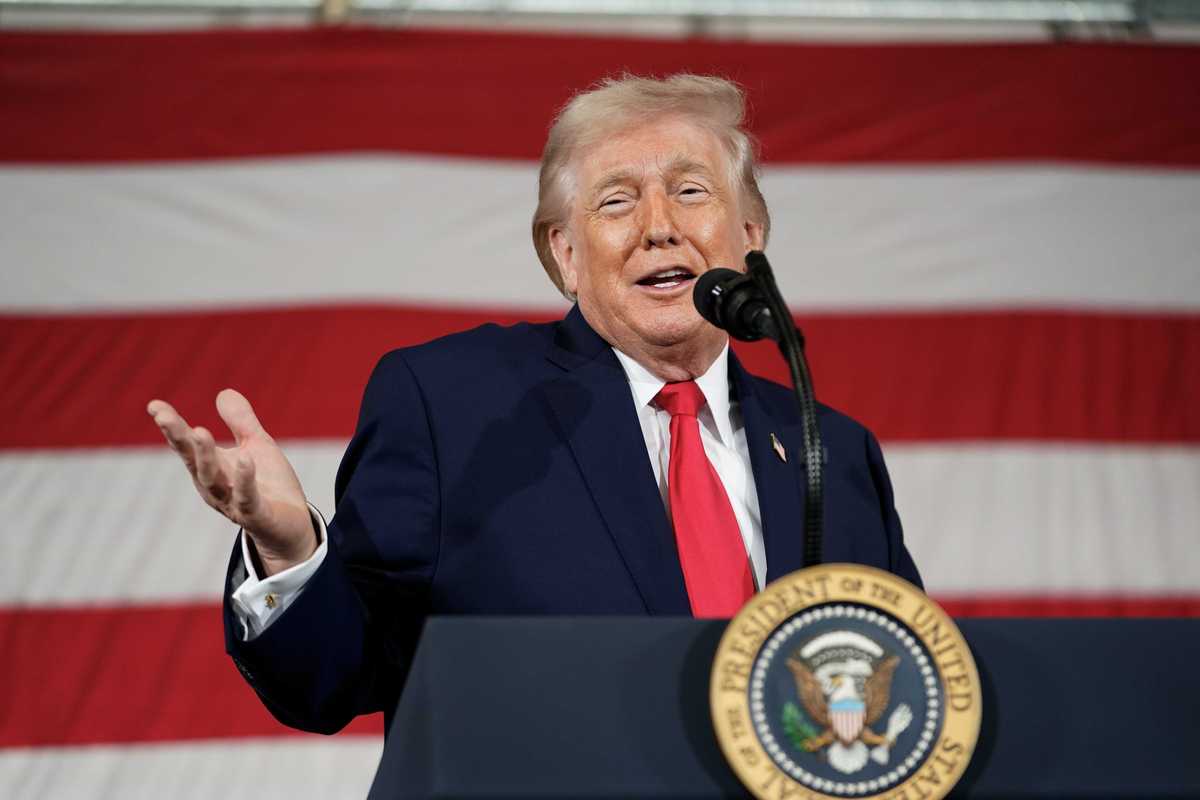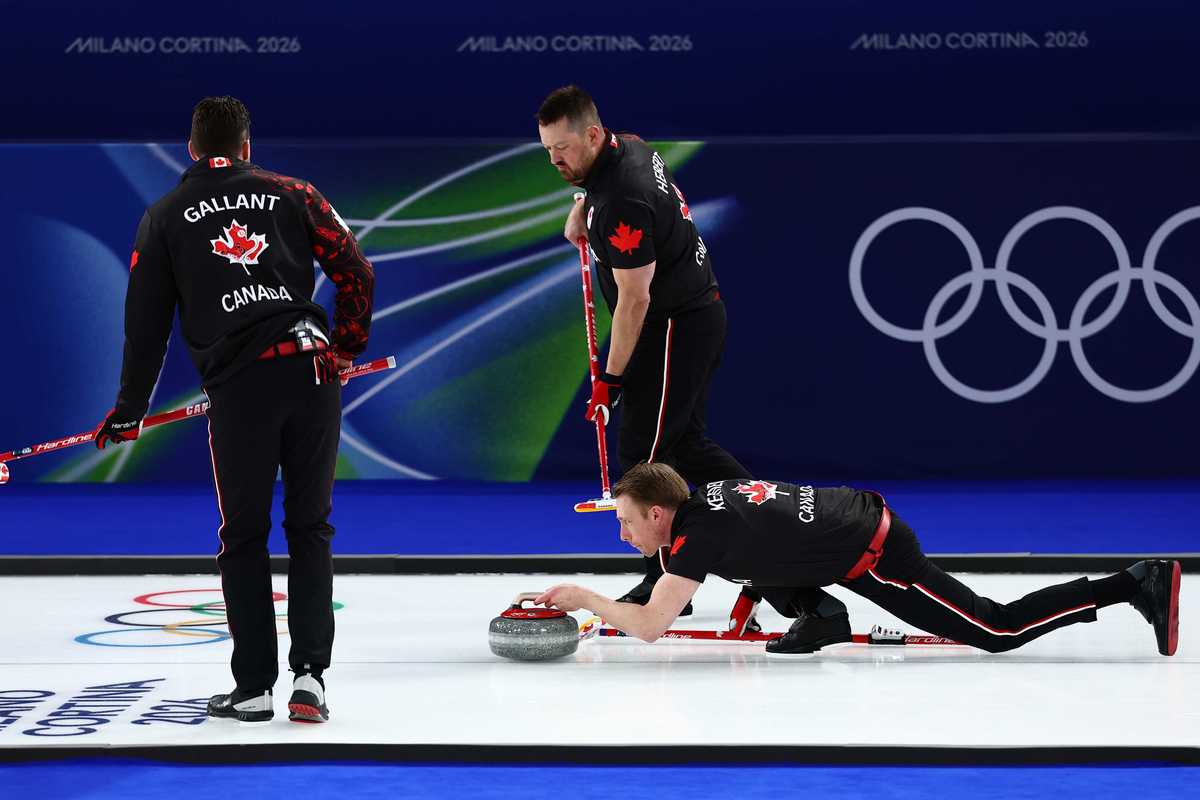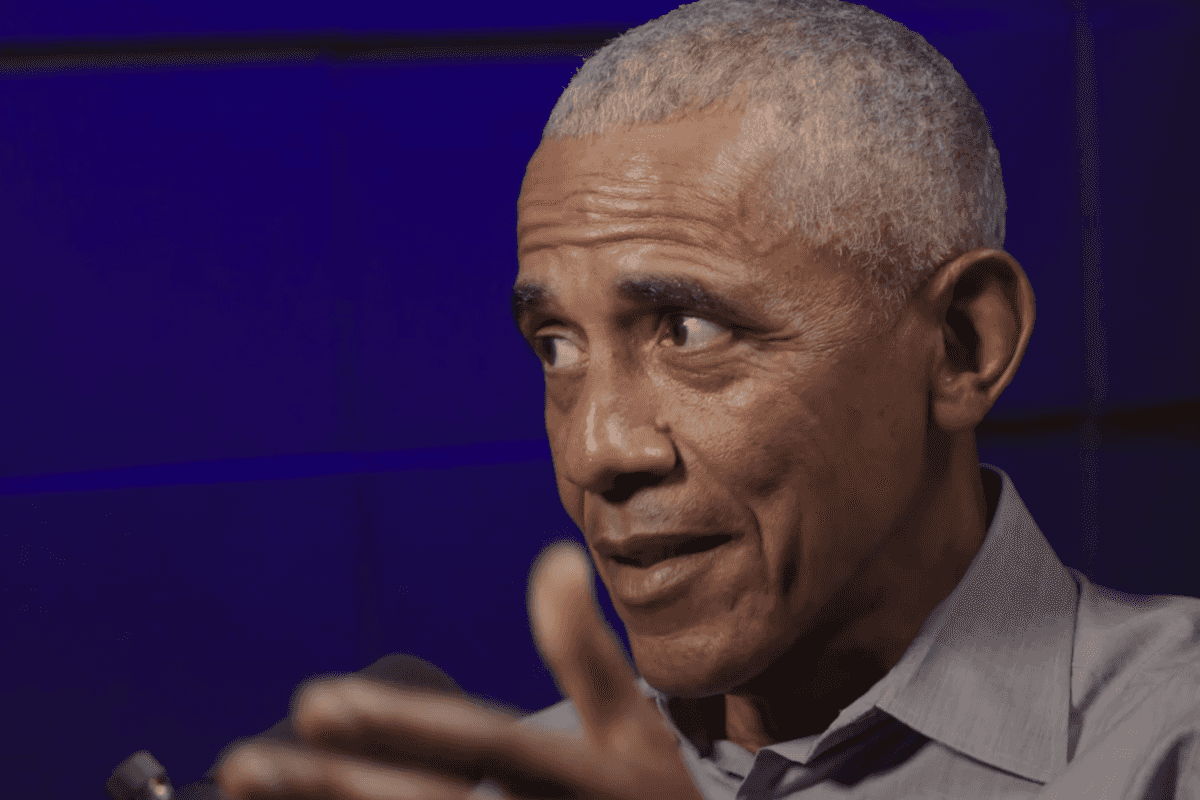News
Moya Lothian-McLean
Jun 12, 2020

BBC/indy100
First they came for Little Britain and I said nothing, because I thought it was a terrible show anyway.
Then followed, apparently, The Inbetweeners, The Mighty Boosh and, finally, Fawlty Towers.
Panicked executives have rushed to remove episodes or whole seasons of television shows that feature offensive racial caricatures.
David Walliams blacking up in a bad wig as Desiree. Noel Fielding in dreads and blackface as the ghost of a jazz musician. Ballard Berkeley cheerfully throwing out the N-word and ‘wog’ in the space of five seconds as he chats to John Cleese. All egregious, distressing examples of the racial blindspot in British entertainment that mirrors the racial blindspot in the British society that inspires it.
Yet while these shows perhaps shouldn’t still be making money for their creators, their sudden removal has not solved racism. Rather the opposite; focusing on these cultural products is undermining the real demands of the Black Lives Matter movement and is providing fuel to right-wingers already hostile to BLM, who view it as a left-wing crusade that seeks to destroy all they hold dear (statues and old episodes of 1970s war sitcoms, apparently).
The statues started it all; the toppling of Bristol’s monument to slave trader Edward Colston and the subsequent removal of similar effigies to historic figures with racist associations in London, Poole and Greater Manchester offered the opportunity to change the conversation.
Media outlets and social media users alike were given a get-out clause: rather than having to grapple with the sprawling, difficult prospect of articulating, reporting on and confronting systemic racism, they could instead focus on the much more bitesize issue of cultural products. In a matter of days, the discussion went from “How do we end institutional racism?” to “Should we have statues of Winston Churchill?”.
The latter is a far easier debate to engage with and, on platforms like Twitter which encourage binary positions, becomes a ‘yes’ or ‘no’ debate that excludes the original context the issue was raised in.
Quickly, the “cultural revolution” (as right-leaning commentators are calling it, in an ignorant reference to the bloody mid-20th Century Chinese Cultural Revolution presided over by Mao Zedong’s Communist party) spread to entertainment.
There were pledges from soap operas to address accusations of racism from black actors, call outs of reality TV shows and TV industry professionals blew the whistle on the lack of black creatives working in the sector across the board.
The latter fact is a strong clue as to why the ensuing response from executives was so cack-handed. Shows began disappearing from streaming channels. There were furious accusations of censorship and the erasure of homegrown “British culture”.
Never mind that The Inbetweeners was reportedly taken off YouTube because of a change in rights ownership. According to headlines and furious tweets, it was all part of the black agenda to scrub out cultural history.
Not only did further other black Brits, framing the issue as if these were beloved programmes with an audience comprised of the entire white population of the UK while it was only black people opposed to them (not true), it also completely ignored the fact that ‘getting rid of one Fawlty Towers episode’ never once appeared on the list of immediate goals for the Black Lives Matter movement.
Newsflash: black activists don’t give a sh*t about Fawlty Towers. Neither do their white or non-black POC allies, for the most part.
But what this culture conversation has done very neatly, is provide a distraction and an obstacle to the real demands of systemic change.
Yes, the creative industries, including television, need more internal representation. Yes, that means examining how black individuals and other ethnic minorities are portrayed in cultural products like TV shows that are consumed by millions.
These things do matter. But addressing them first, in such a clumsy way, obstructs the path to institutional change which must come first. Which is why no one asked for this.
What is being called for are demands much harder to sum up in a single headline – and far less easy to dismiss as trivial. Black people are calling for equality and equity. Concrete steps have already been suggested:
Changing the UK curriculum to make sure children are taught the uncomfortable truth about Britain’s racist, colonial past. Abolishing police forces in favour of a community led, specialist approach. Funding social services like mental health support, domestic violence services, homeless support services and youth programmes. Paying a living wage to all workers. Building more social housing. Financially boycotting companies that endanger black individuals through their business practices. Lobbying advertisers to pull money from media outlets platforming racist views.
All of these goals would benefit the majority of the country, not just black people, although they should be enacted even if they didn’t.
Yet instead of promises by the education secretary to draw up immediate new plans for an representative (and accurate) curriculum, instead we get UKTV, a channel most people have never heard of, saying they’re going to remove an episode of a 40-year-old sitcom that has already been previously taken off air, multiple times.
No one asked for this.
The response of the TV industry and the resulting discourse is, ironically, an example of real erasure at play. Black people are begging for this discussion not to take over and for the actual purpose of the current movement not to be blown off course. But white boardrooms, editors and finally, the general public, have seized upon this small action and decided it is the meat of the matter when it comes to the fight against institutional racism.
But at the end of the day, TV is a distraction, even in this context. Removing racist shows, while something to be looked at long-term, does nothing for the current struggle. It heightens hostility and the ability to dismiss what the BLM movement is about.
Television has always been the modern equivalent of the ‘circus’ made infamous by the Roman who said that mass entertainment was used to keep the public docile.
But this fight is too important to be manipulated. Ignore and redirect the conversation back to its original focus. We will not let ourselves become the clowns.
Top 100
The Conversation (0)













